Meet The Faculty
/prod01/channel_2/media/mccms/content-assets/academics/residencies-and-fellowships/adult-recon-surgery-upper-extremities-minnesota/1024X512-Adult-Upper-Surg-Faculty-WF5936253_0099.jpg)
The Department of Orthopedic Surgery at Mayo Clinic's campus in Rochester, Minnesota, includes a group of more than 45 surgical, research, and clinical consultants. Our physicians work in an integrated and cooperative group practice that cares for more than 80,000 patients annually. This department consistently maintains an excellent reputation in the orthopedic community and in consumer ratings.
Some physicians within the department hold joint appointments in radiology, plastic surgery, infectious diseases, oncology, neurologic surgery, and pathology.
On a regular basis, Mayo Clinic orthopedic surgeons collaborate with specialists in adult reconstruction, pediatrics, sports, trauma, spine, foot, hand, shoulder, elbow, oncology, and impairment evaluation.
Faculty
Our faculty includes six full-time members with different practice specialization, including open and arthroscopic reconstructive shoulder procedures, open and arthroscopic reconstructive elbow procedures, sport-related injuries, and acute shoulder and elbow trauma:
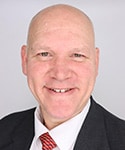 |
Mark Morrey, M.D.Program Director Residency: Mayo Clinic |
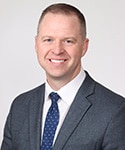 |
Christopher Camp, M.D.Associate Professor of Orthopedics Residency: Mayo Clinic |
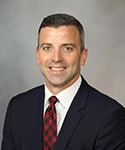 |
Jonathan Barlow, M.D.Associate Professor of Orthopedics Residency: Mayo Clinic |
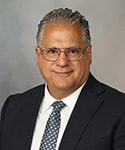 |
Joaquin Sanchez-Sotelo, M.D., Ph.D.Professor of Orthopedics Residency: Hospital “La Paz”, Universidad Autonoma de Madrid |
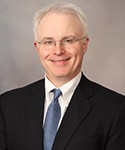 |
John Sperling, M.D.Professor of Orthopedics Residency: Mayo Clinic |
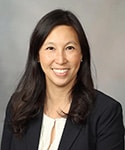 |
Jenni Tangtiphaiboontana, M.D.Assistant Professor of Orthopedics Residency: University of California, San Francisco |
In addition to caring for patients in their clinical practices, faculty members are committed to teaching and facilitating the growth of medical knowledge. Many faculty members have published and lectured extensively and are highly regarded in their fields. You have direct access to the orthopedic surgery faculty at Mayo Clinic throughout the Adult Reconstructive Orthopedic Surgery Upper Fellowship.
Advisers and mentors
You are assigned a faculty adviser who can provide comprehensive educational advice and personal support. You meet with your adviser periodically throughout the program to review your progress and career goals, and ensure that your educational needs are being met. Your adviser also serves as a contact point, introducing you and your family to Rochester and the Mayo Clinic system.
Visiting professors
Many prominent professors visit Mayo Clinic each year. They present their work during lectures, participate in hospital activities and have informal discussions with trainees. You are encouraged to take full advantage of these opportunities.